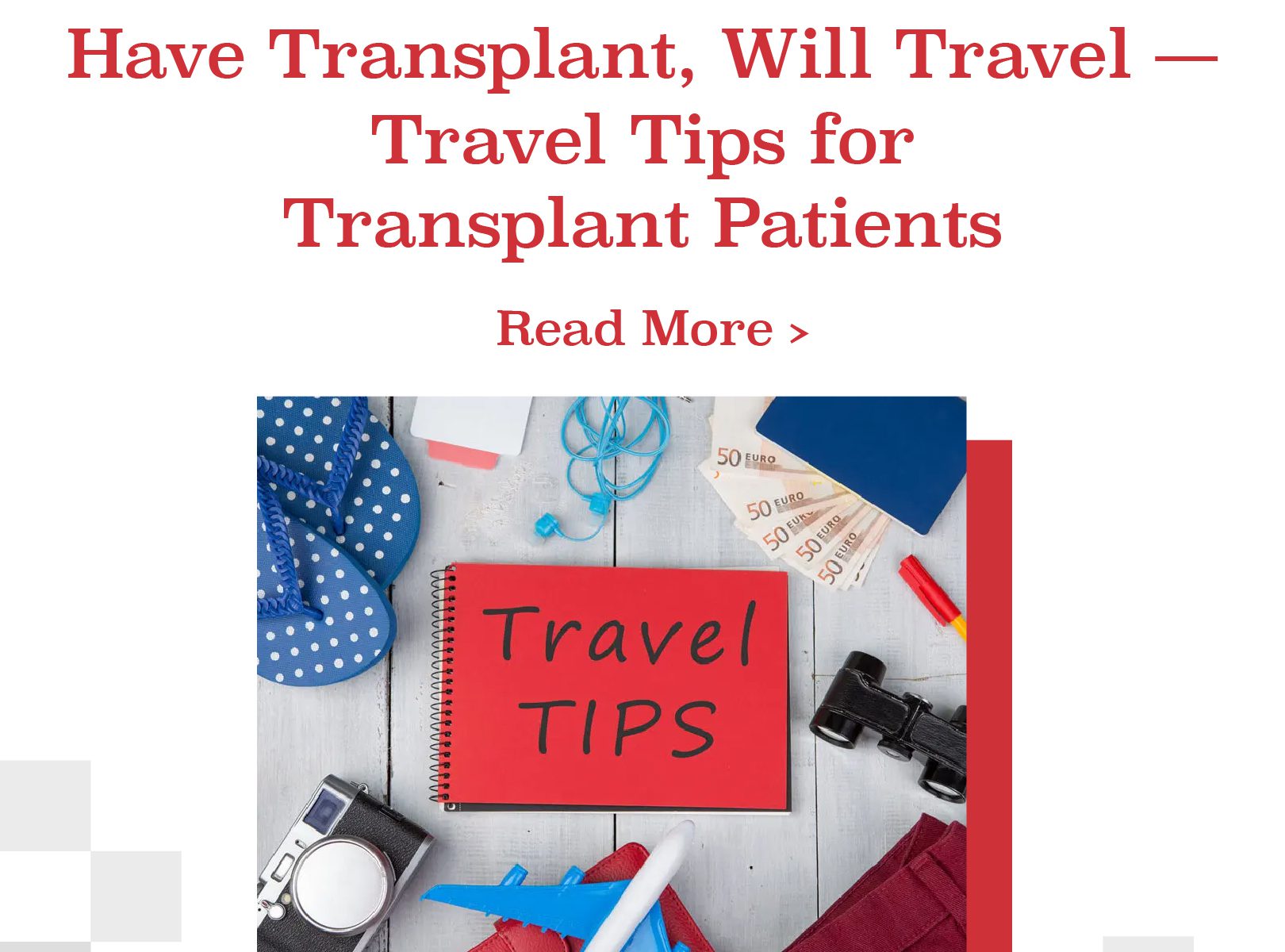The families of five children waiting for heart transplants at one hospital are urging people to consider becoming organ donors.
Ten-month-old Leyla Bell, 18-month-old Beatrix Adamson-Archbold, Luke Myles, one, Ethan Mains, three, and Nour Hussein, eight, are being cared for at Newcastle’s Freeman Hospital. Read the full story from BBC News.







